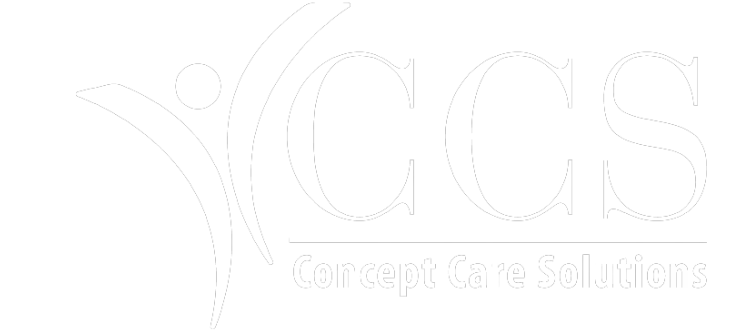As we age, our bodies undergo various changes that can lead to health issues. Some of these conditions are more prevalent in older adults and can significantly impact their quality of life. It’s essential for seniors, caregivers, and family members to understand these common ailments, their symptoms, and effective management strategies. Here, we explore three prevalent health issues in the elderly: arthritis, dementia, and heart disease
Arthritis
Arthritis is one of the most common conditions affecting seniors, characterised by pain and inflammation in one or more joints. Symptoms include joint stiffness, swelling, and decreased range of motion, which can worsen with age. While arthritis can make everyday activities challenging, there are ways to manage the condition and maintain a good quality of life. Regular, gentle exercises like swimming or walking can help maintain joint function and relieve stiffness. Over-the-counter pain relievers and anti-inflammatory medications can also be effective. Additionally, physical therapy and occupational therapy can be invaluable in teaching more efficient ways of carrying out daily activities without exacerbating pain.
Dementia
Dementia encompasses a range of symptoms associated with cognitive decline, such as memory loss, problems with communication, and impaired reasoning. Alzheimer’s disease is the most common type of dementia among older adults. Managing dementia involves a comprehensive approach that includes medication, environmental adjustments, and support for both the patient and their caregivers. Ensuring a safe living environment, maintaining a routine, and using memory aids can help alleviate some challenges. Support groups and counselling are also vital resources for care profesionals and families, providing emotional support and practical advice on care-giving strategies.
Heart Disease
Heart disease remains a leading cause of death among seniors. This broad term includes conditions like coronary artery disease, heart attacks, and heart failure. Symptoms might include shortness of breath, chest pain, and fatigue. Lifestyle changes are critical in managing heart disease—these include eating a heart-healthy diet, exercising regularly, and avoiding tobacco. Medications may also be necessary to manage symptoms and prevent complications. Regular check-ups with a healthcare provider are crucial to monitor heart health and make adjustments to treatment as needed.





